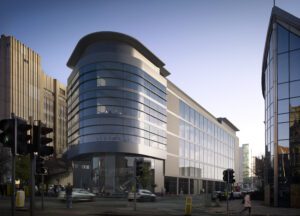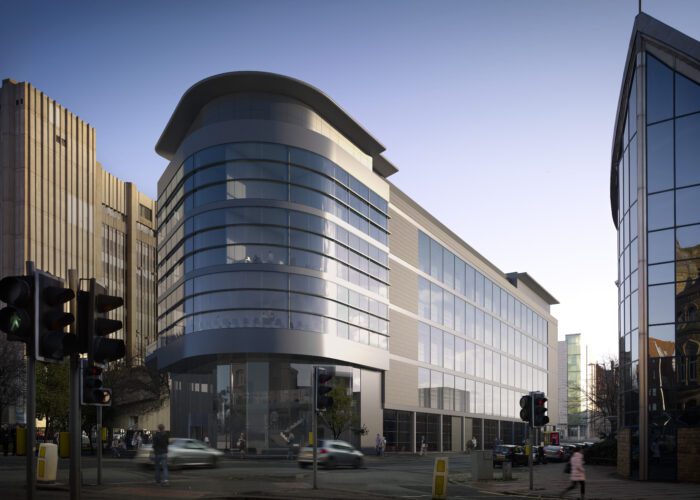
The Liverpool Life Sciences Accelerator has announced plans to develop a brand new state-of-the-art £25 million laboratory to enable innovative antibiotic resistance research.
The Accelerator, which co-locates the Liverpool School of Tropical Medicine (LSTM) and the Royal Liverpool and Broadgreen University Hospital, has been partly funded by the Chrysalis Fund.
The Chrysalis Fund supports commercial regulation activities across the Liverpool city region and has now committed an £11.5 million loan for development of the Accelerator.
As well as the Liverpool Life Sciences Accelerator, the Chrysalis Fund has invested more than £32 million into various projects across the city.
John Tatham, partnerships director at Igloo and fund manager at the Chrysalis Fund, said: “This investment marks an important landmark for the fund. It demonstrates our ability to invest in projects that drive forward the city’s key strategic priorities of creating and retaining high value jobs and delivering economic growth”.
The new accelerator will be situated in the ground of the Royal and Broadgreen University Hospital on Doulby Street. The new building will feature five floors. Two of those floors will be for laboratories and office facilities for enterprises which are involved in the development of products that will improve patient care and treatment outcomes.
Professor Janet Hemingway, director of LSTM, said: “LSTM was one of the first institutions in the world to recognise the importance of studying and understanding the phenomenon of drug resistance.
“The Accelerator will allow us to further boost Liverpool’s reputation as a world renowned centre of expertise. The collaboration with the Royal and SMEs will benefit global health by taking research and innovation from the lab to where it is needed most and will encourage further investment in Liverpool.”
Another two floors will be dedicated to the Liverpool School of Tropical Medicine’s resistance mitigation portfolio, which plays a lead role in the global fight against the threat of antibiotic resistance.
Construction will start in mid-November and the Accelerator is due to open in June 2017.

